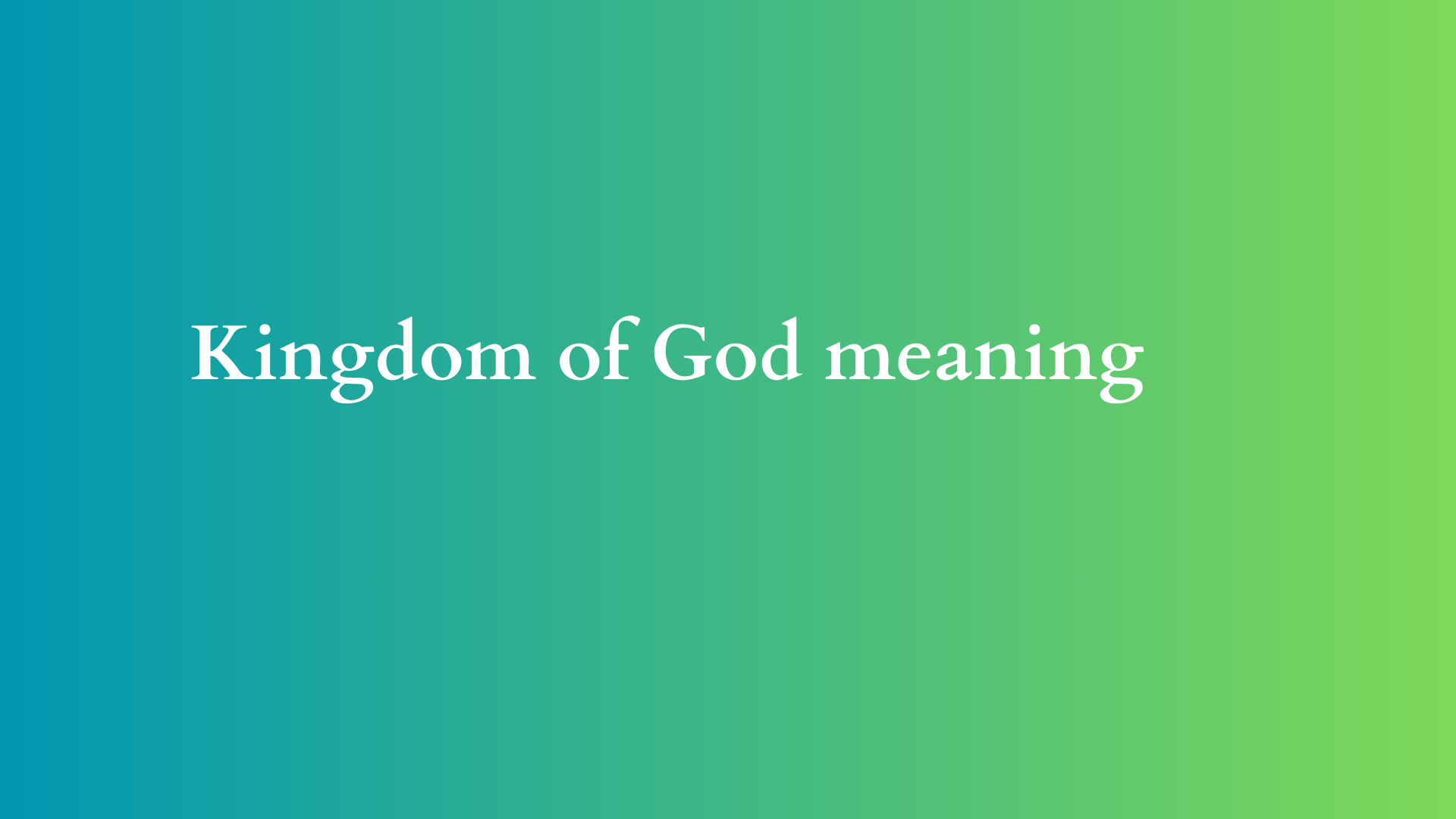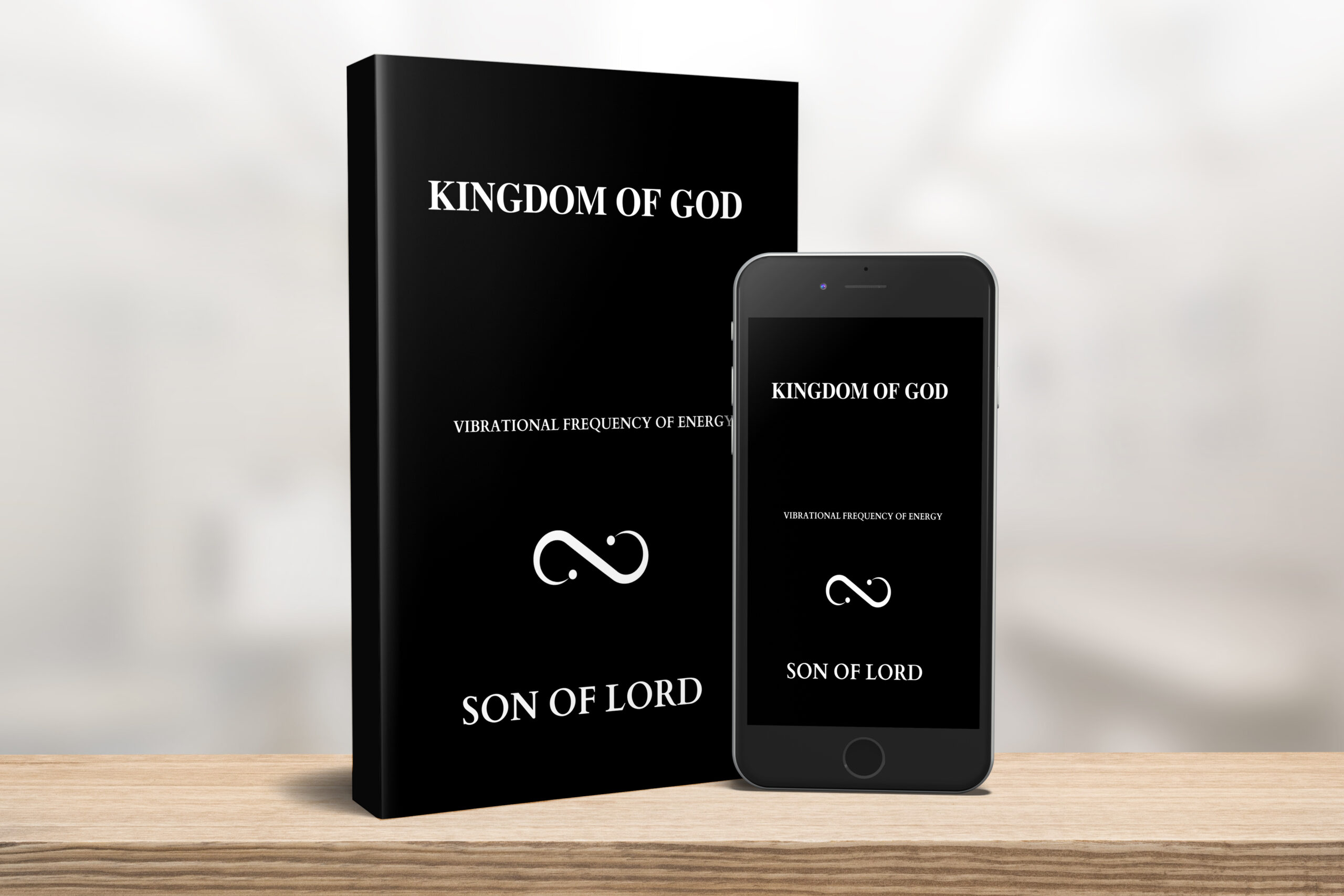Understanding the Kingdom of God: A Journey of Faith and Meaning
The term “Kingdom of God” is often tossed around in sermons, Sunday schools, and discussions within spiritual circles, yet what does it truly mean? What imagery does this phrase evoke? What significance does it hold for us today? Let’s embark on a thrilling exploration of this profound concept that extends well beyond mere theological jargon. Buckle up, because we are diving deep into the beautiful tapestry woven through scripture, tradition, and personal experience!

What Is the Kingdom of God?
To grasp the meaning of the Kingdom of God, we must start by acknowledging its origins in biblical texts. The phrase appears numerous times in the New Testament, prominently featured in the teachings of Jesus. For instance, in the Gospel of Matthew, we see phrases like “the Kingdom of Heaven” and “the Kingdom of God” used interchangeably, emphasizing a divine realm that is both present and yet to come.
At its essence, the Kingdom of God embodies the reign of God as realized through Jesus Christ. This kingdom isn’t merely a distant future hope; it’s an active, living presence that can manifest in our daily interactions and choices. It is about God’s sovereignty, justice, mercy, and love permeating our world. It calls us toward creating a community defined by compassion, righteousness, and relational harmony.
The Kingdom Is Now and Not Yet
If you’ve ever grappled with the notion of the Kingdom of God, you might have come across the term “already but not yet.” This intriguingly paradoxical phrase encapsulates the Kingdom’s dual reality. Jesus initiated the Kingdom’s presence through His life, teachings, death, and resurrection. He performed miracles, healed the sick, and dined with outcasts, showcasing the transformative power of God’s reign.
However, while we experience glimpses of the Kingdom now, its fullest manifestation is yet to come. It’s a reminder that while we can perceive traces of peace, justice, and love in our world, we’re also living in a tension because ultimate restoration and full communion with God lie in the future.
The Invitation to Participate
One of the most thrilling aspects of the Kingdom of God is the invitation extended to each of us to become active participants in this divine narrative. When Jesus spoke about the Kingdom, He often employed parables—simple yet profound stories—that illustrated what this kingdom looks like in action.
Through the Parable of the Good Samaritan, for example, we see the heart of the Kingdom: love transcending societal boundaries. In the Parable of the Prodigal Son, we witness a father’s unconditional love, demonstrating grace and forgiveness. Each of these stories illuminates ways in which we can embody Kingdom values in our interactions and relationships.
As participants in the Kingdom, we are called to pursue justice, show mercy, and live out the principles of love and peace. This means advocating for the marginalized, fostering connection in divided communities, and embodying humility in our power dynamics. Such action shifts not only our lives but also the lives of those around us, making a significant impact within our neighborhoods and cities.

The Kingdom and Our Spiritual Growth
Exploring the meaning of the Kingdom of God is more than an intellectual exercise; it’s an invitation for spiritual growth. Engaging deeply with this concept encourages us to reflect on our personal faith journeys. How do we align our lives with Kingdom values? Are we clinging to structures or ideologies that contradict the heart of the Kingdom?
Understanding the Kingdom of God compels us to contemplate our purpose. Are we merely passive observers, or are we taking bold steps toward being agents of change? This process requires a continual commitment to prayer, study, and community life, encouraging accountability to embrace growth and transformation in our faith.
Living as Agents of Hope
In a world often characterized by darkness, division, and strife, living with a Kingdom-focused mindset provides a radiant beacon of hope. The teachings of Jesus inspire us to look beyond the immediate struggles and picture the beautiful vision of what the Kingdom can manifest on Earth. We can be encouragers, peacemakers, and builders of bridges among disparate communities.
Consider the real-world implications of crafting a life modeled after Kingdom principles. What if we prioritized love over hate, understanding over judgment, and generosity over selfishness? Each of us, in our unique contexts, can be catalysts for change as we act as representatives of the Kingdom. Small acts of kindness can ripple outward, influencing lives and communities in ways we may never fully grasp.
Conclusion: Embracing the Adventure
The Kingdom of God isn’t merely a theological concept but a dynamic and active reality inviting us to embark on an adventure of faith. It urges us to dream of a world where love reigns supreme, where every individual is valued and treated with dignity, and where we, as collective bearers of hope, work toward making the heaven-on-earth vision a reality.
So, what is the Kingdom of God? It’s our calling. It’s our mission. It’s living each day infused with purpose, compassion, and a rallying cry to embody a life radically changed by love. As we grasp this meaning together, let us challenge one another to be bold and courageous, for we are invited to live as citizens of this delightful, transformative Kingdom—today and always.
Let’s get out there and showcase the Kingdom of God, one loving act, one moment of compassion, one spark of hope at a time! 🌟
Shop Now






